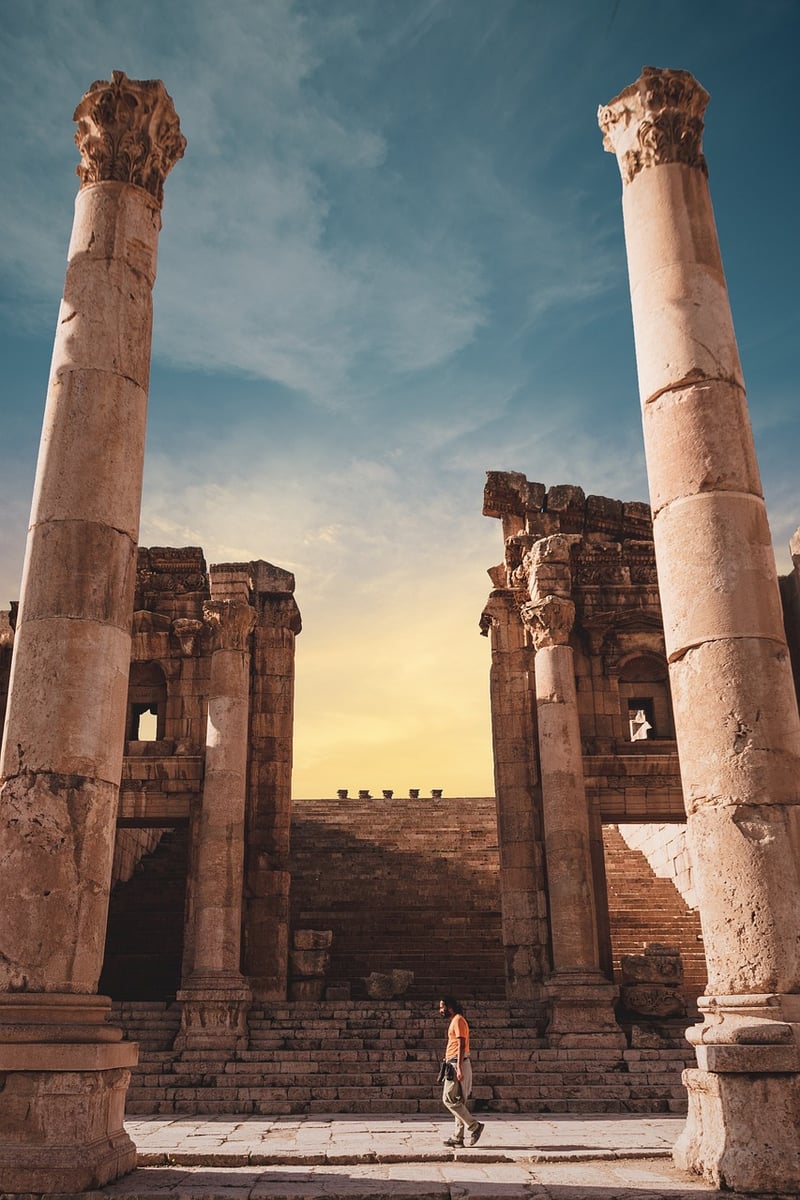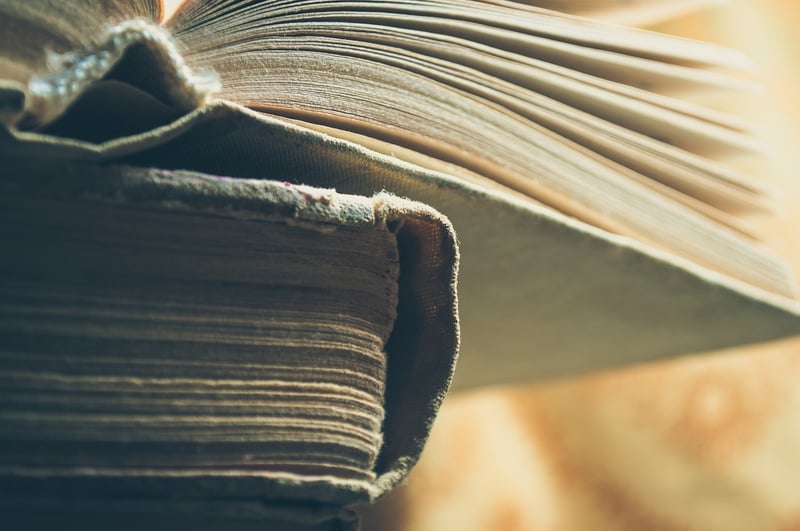Historical Alterations
The Impact of Historical Events and Historical Alterations
Introduction
Historical events have shaped the course of human history, leaving a lasting impact on societies, cultures, and individuals. However, it is essential to acknowledge that historical alterations, intentional or unintentional changes to historical records or narratives, can distort our understanding of the past. This article explores the impacts of historical events and the significance of preserving historical accuracy.
Impacts of Historical Events
Historical events have the power to influence the present and future in various ways:
- Cultural Shifts: Events such as wars, revolutions, and social movements can bring about significant cultural changes, shaping the values, beliefs, and traditions of societies.
- Technological Advancements: Certain historical events have triggered technological innovations that have revolutionized industries and transformed the way we live.
- Political Transformations: The rise and fall of empires, the establishment of new governments, and the signing of treaties have all had profound political implications on a global scale.
- Social Progress: Movements for equality, justice, and human rights have been fueled by historical events that exposed injustices and inspired change.
Historical Alterations
Historical alterations refer to changes made to historical records, artifacts, or narratives that may distort or manipulate the true representation of the past. These alterations can have serious implications:
- Loss of Authenticity: When historical records are altered, the authenticity of the information is compromised, leading to a distorted view of history.
- Misinterpretation of Events: Alterations can lead to a misinterpretation of past events, influencing how we perceive certain historical figures or periods.
- Impact on Research and Education: Historically inaccurate information can hinder research efforts and misinform future generations, perpetuating misconceptions.
- Undermining Truth and Memory: By altering historical facts, we risk erasing the true experiences of individuals and communities, undermining the importance of preserving collective memory.
Preserving Historical Accuracy
It is crucial to uphold historical accuracy and integrity to ensure a truthful representation of the past:
- Document and Preserve: Safeguard historical documents, artifacts, and sites to maintain a reliable record of the past.
- Fact-Check and Verify: Scrutinize historical sources for accuracy and cross-reference information to verify its authenticity.
- Educate and Raise Awareness: Promote historical literacy and critical thinking to empower individuals to discern fact from fiction in historical narratives.
- Challenge Misrepresentations: Address and correct historical inaccuracies to prevent the spread of misinformation and uphold the truth.
Conclusion
Historical events have a profound impact on our world, shaping our collective identity and influencing the course of history. By recognizing the significance of historical accuracy and actively preserving the truth, we can ensure that future generations have an authentic understanding of the past.


